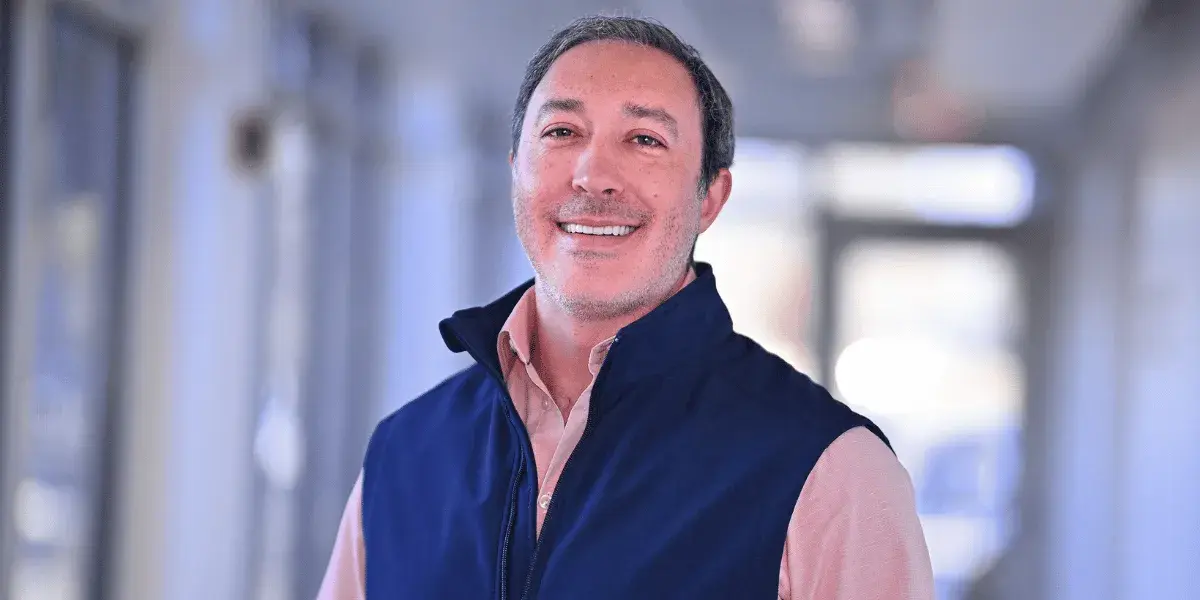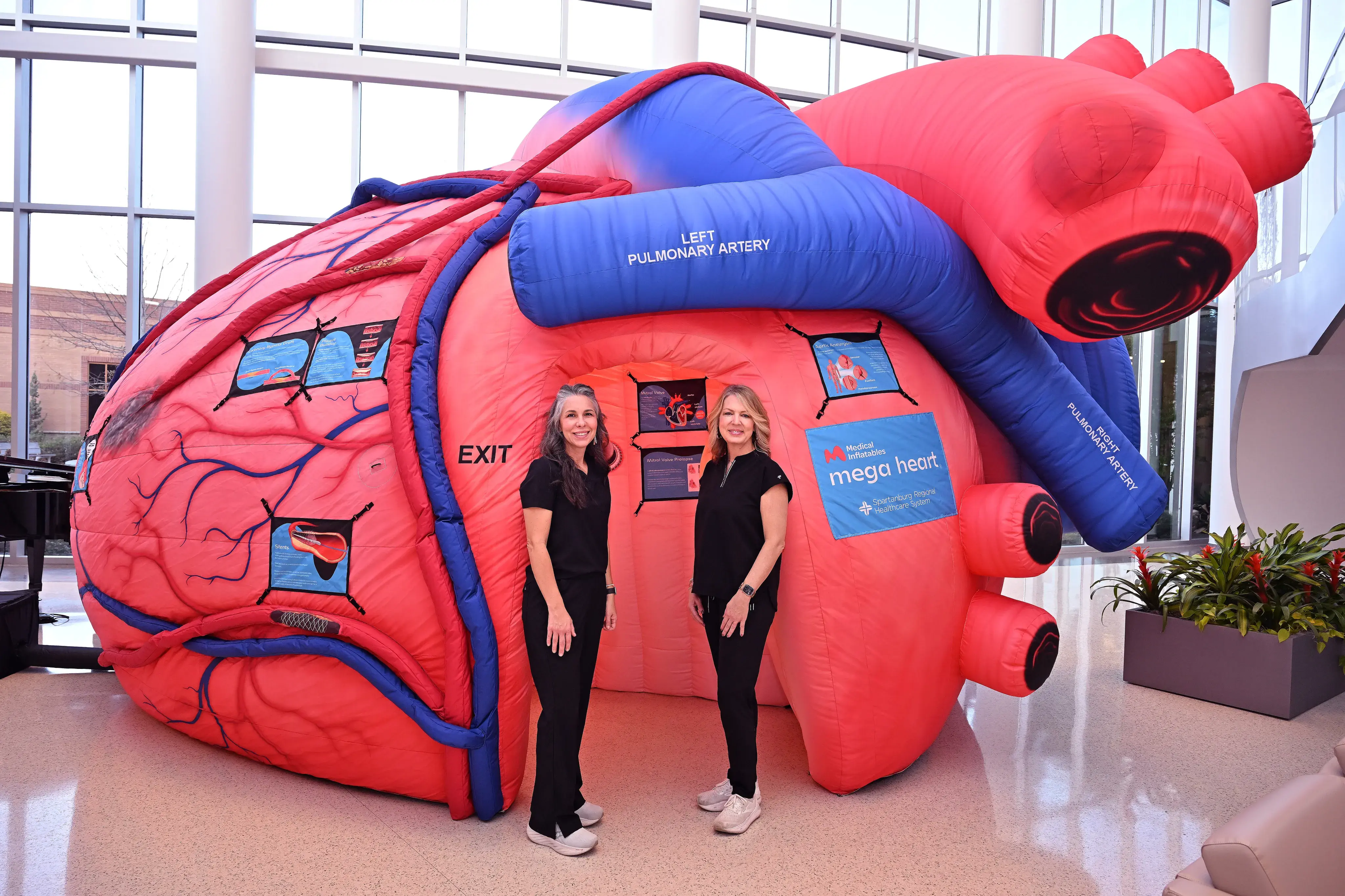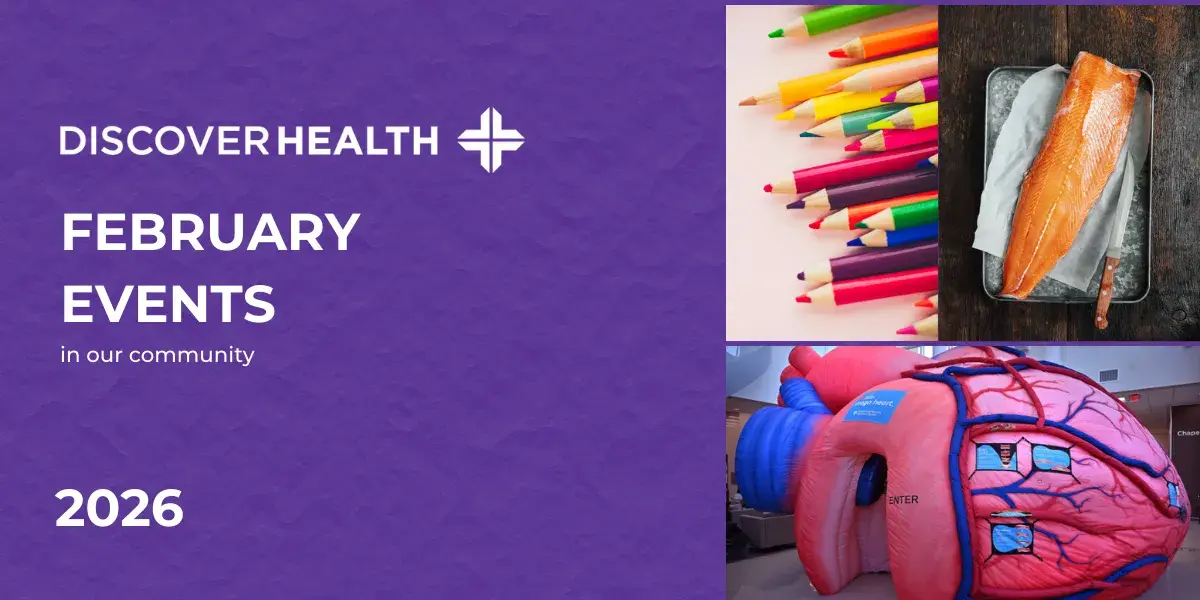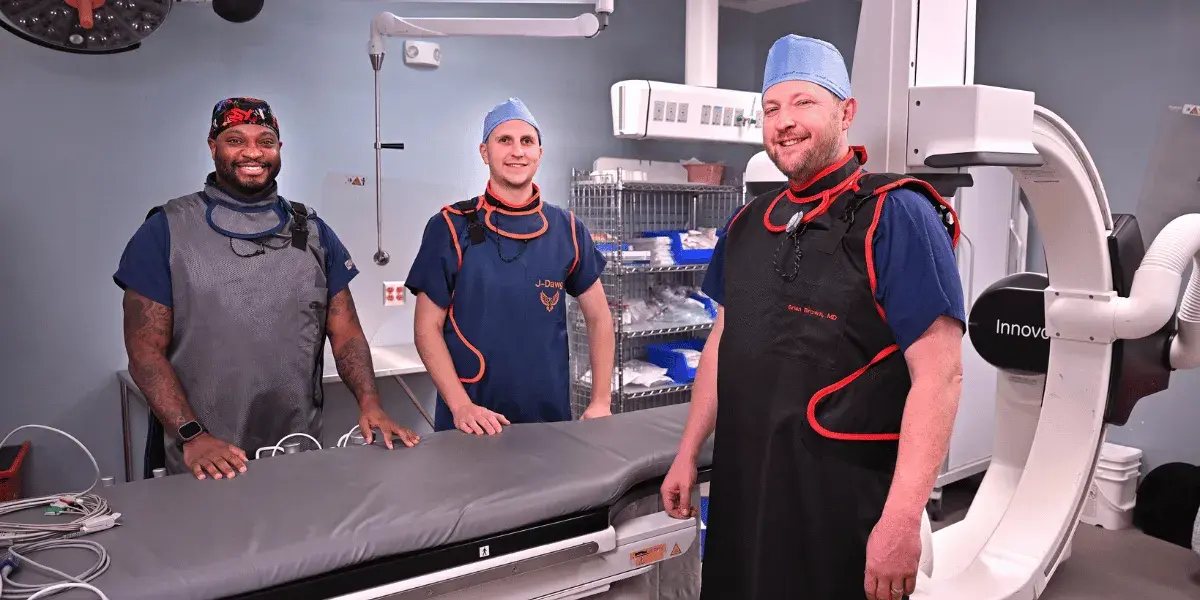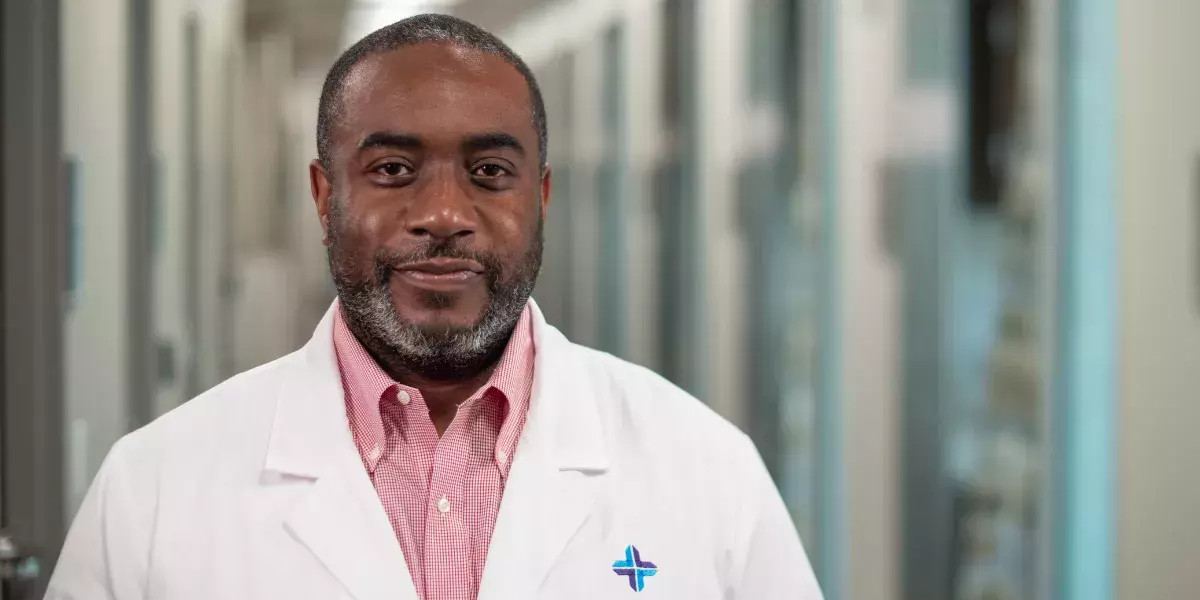
Gibbs Cancer Center’s Moonshot℠ Biobank is capturing samples to help the next generation
Gibbs Cancer Center & Research Institute is leading the nation in enrolling a diverse group of patients in a national effort to learn more about how cancers behave over time.
By donating blood and tissue samples, patients participating in the Cancer Moonshot℠ Biobank project at Gibbs Cancer Center are helping researchers develop future treatment options for the next generation of cancer patients. The goal is to reveal how cancer changes throughout a patient’s cancer journey and medical treatments.
"The purpose of the Moonshot project is for researchers to work with doctors and understand how cancers are developing over time and make improvements for cancer patients and outcomes," said Melyssa Foust, MSN, RN, OCN®, the cancer control and cancer care delivery research manager.
Gibbs Cancer Center began participating in Moonshot project two years ago and has enrolled 37 cancer patients and submitted over 500 biospecimens. Patients eligible for the project include those with advanced acute myeloid leukemia, multiple myeloma, melanoma, prostate, lung or gastroesophageal cancers.
The National Cancer Institute recently awarded a Certificate of Excellence to Upstate Carolina NCI Community Oncology Research Program in recognition of Gibbs Cancer Center’s commitment to enrolling patients and the level of care given to the patient experience.
Gibbs Cancer Center also ranked No. 1 nationwide for having the most patient enrollments and having 54% of participating patients identify as African American or Black.
"We are looking at patients from all different backgrounds. We know cancer presents itself differently in all folks. And we can't treat patients with a one-size-fits-all approach," Audrianna Carrington, MS, lead Moonshot coordinator.
Much of the program's success has been attributed to the detailed care of and communication with patients, letting them know precisely how researchers will use their tissue and blood donations. Having physicians such as hematologist and oncologist Dr. Tondre Buck champion the effort has been essential.
“I think there are two important concepts to discuss with patients,” Dr. Buck said. “First, cancer care and survival has improved because of studies like Moonshot. Secondly, there is a small chance that Moonshot will benefit the patient directly, but it will most likely help someone else. When we present Moonshot in this fashion, most patients agree to participate.”
Gibbs Cancer Center also received grants in 2021 and 2022 to fund new approaches to enrollment and engagement. Those funds have allowed staff to launch a Community Advisory Council, undergo training, hire new personnel and host a retreat where Dr. Buck gave a presentation on multiple myeloma.
"Patients are doing this not because they're going to receive any benefit but because they want to make cancer treatment better for the next patients,” Foust said. “It's inspiring to see that every day."









